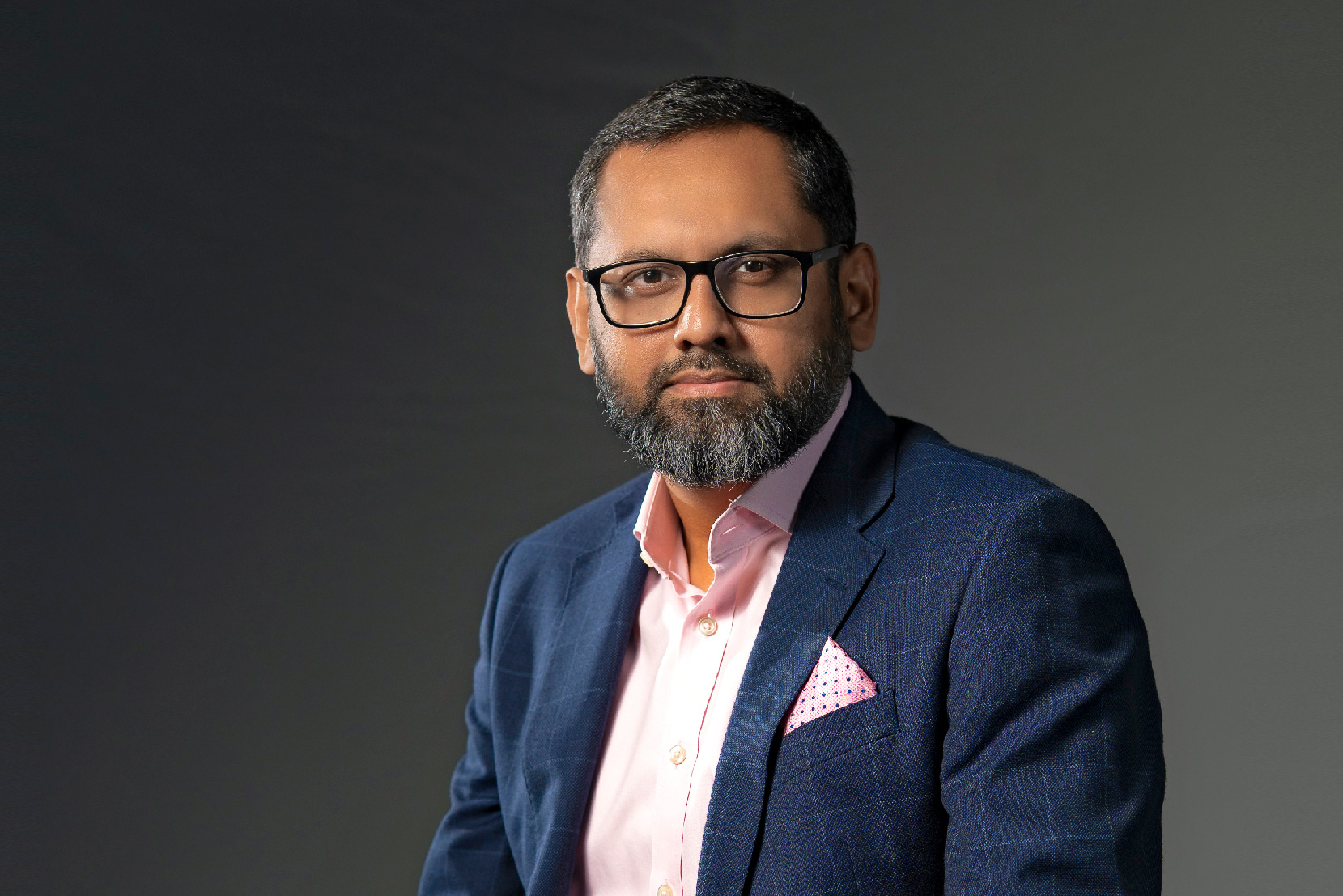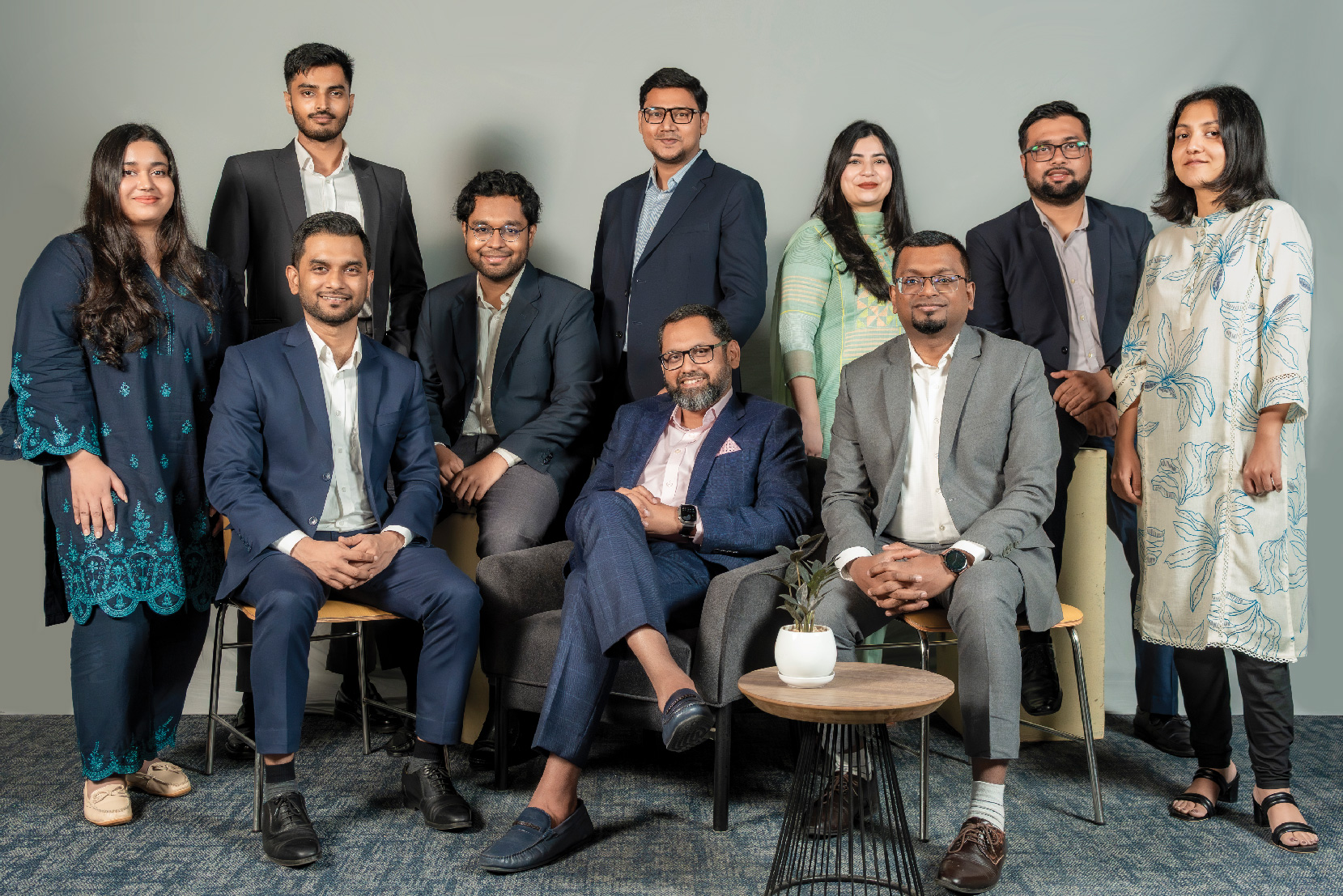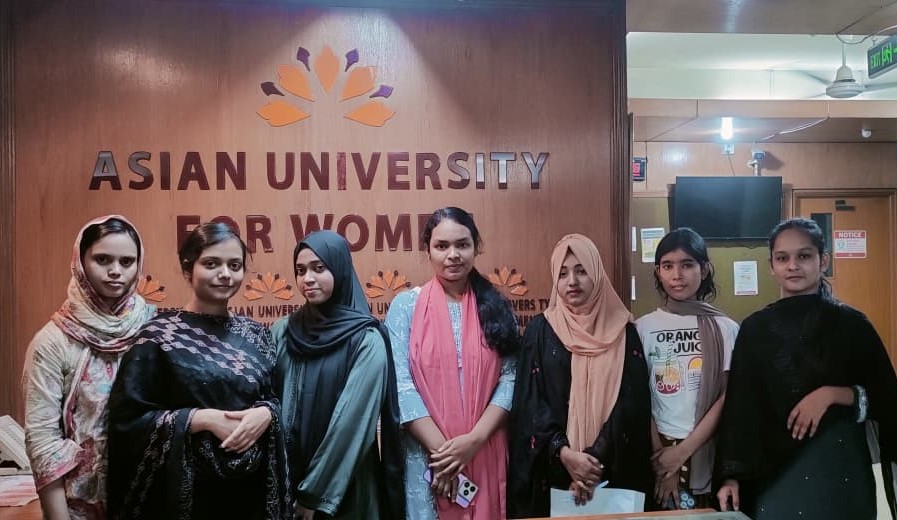Impact Investment was first coined in 2007 by the Rockefeller Foundation. According to GIIN (The Global Impact Investing Network), impact investments are “investments made in companies, organizations, and funds with the intention to generate social and environmental impact alongside a financial return”. As a result of ecological and social needs, impact investing is crucial in emerging markets. Impact investment is becoming more and more important for Bangladesh as it moves towards becoming a middle-income country and donor funds that it previously received are now being channeled towards other nations. This step will primarily impact traditional for-profit companies which work towards solving a social problem. It differs from traditional investment because of its inherent need for a blended return – there has to be a positive benefit to the society. ImpactBase is an online database where investors go to find impact investment opportunities, which are managed by GIIN. Despite this, assessing the marketing size cannot yet be quantified because impact investment is still a relatively new term and it is used to describe investments made in a variety of sectors and regions.
For financial returns, the focus is on the main financial metrics such as profit margins and ROI (return on investment) but the social impact needs to be paid critical attention, it needs to be monitored and recorded. It needs to not only have the right intentions or an inbuilt sense of purpose – it is equally important to be able to translate those into a standardized measurement. Funds collect self-reported data or use impact data platforms such as GIIRS as portals for investees to report on impact. There is also a question of reliability for the information especially if it is self-reported. Impact measurements do help them improve upon how deals are sourced all the way to the deals being selected. They can also contribute to ensuring that investors and company activities are aligned to their purpose. Businesses can also rely on IRIS metrics catalog; the IRIS is an initiative of GIIN since 2009. It focuses on increasing the scale and effectiveness of impact investments.
IT DIFFERS FROM TRADITIONAL INVESTMENT BECAUSE OF ITS INHERENT NEED FOR A BLENDED RETURN – THERE HAS TO BE A POSITIVE BENEFIT TO THE SOCIETY.
Bangladesh hosted its first summit on impact investment in Bangladesh in 2016 initiated by Build Bangladesh and organized by Bangladesh Brand Forum; it was designed to focus on “Driving the Sustainable Agenda” and developing an understanding of the global impact investing market and what that means for the future investments in Bangladesh.
Investors are optimistic about prospects in Bangladesh; they firmly believe that the private sector can be a force for good. Bangladesh has a growing and diversifying economy, with a sizeable labor market and a large potential consumer market. There is a diverse range of investors operating in Bangladesh, the key for impact investment is to bring in investors and not donors, such as fund managers, DFIs, foundations, HNWIs, and family offices as well banks and financial institutions that have diversified.
According to the GIIN Advisory Team, the one area where Bangladesh does not seem to have any impact investments is housing. However, there is a heavy focus on Microfinance, and Food and Agriculture.
BRAC is entering the impact investment market with plans to change its financing strategy entirely and to become sustainable in the long-run. The aim for BRAC is to become a self-reliant enterprise allowing it to continue creating an impact regardless of changes in its donor funding. BRAC has actively invested in a good number of private companies such as BRAC Bank, bKash, Maya, IPDC and a few others.
Grameen Foundation focuses on financing institutions that focus on improving livelihoods in the “last mile” – the difficult to reach rural areas that more often than not include the poorest people, Social Impact funds that help social businesses gain access to capital that is beyond their reach, and Fairtrade Access Funds that allow farmer’s cooperatives and associations to invest in processing facilities and new equipment. They also have joint ventures where they pair up with like-minded companies to have a greater impact.
IIX (Impact Investment Exchange) work to bridge the gap between finance and development and they are a leader in the impact investment space in Asia. Durreen Shahnaz, a Bangladeshi and founder of IIX, was elected as a 2017 Business for Peace Award honoree. In April 2011, Shujog (which was recently renamed as IIX Foundation) – the sister entity of IIX sent its research team to Bangladesh to assess the possibility of the impact and its mission. To quote Durreen, “If we are going to achieve an equitable and peaceful society, it is imperative for us to have a financial system that is inclusive and works for all. Thus, crazy as it may have been, I committed myself eight years ago to revolutionizing capital markets to promote equal and sustainable growth worldwide. It was a ‘quixotic dream’ equivalent to boiling the ocean of financial change. Well, that quixotic dream is a reality now and that ocean is lukewarm, so we are definitely getting there!”
Multinational companies like SEAF (Small Enterprise Assistance Funds) decided to invest in small and medium enterprises (SMEs) in Bangladesh in June 2010, to provide them with structured capital and quasi-quality investments. SEAF was the first finance company to focus exclusively on providing growth and working capital to promising SMEs in Bangladesh. SEAF is now evaluating an opportunity to invest in an Ob-gyn facility in Southeast Asia, the completion of this would have create jobs for nurses and health technicians, improve the skill level of the technicians through the company’s training programs.
Impact investing also appeals to younger generations who want to give back to society. As more and more people realize that they want to contribute to the world and have a sense of purpose, more companies will feel the need to engage in social responsibility.
The future for impact investment looks bright, in the period between 2014 and 2016 – sustainable and responsible impact investing assets have grown by 33% in the United States, and there is still room to grow. There is now a client demand – people want to go beyond maximizing profits in exchange for taking a risk and how we can address through investment. And we see this from wealthy individuals as well as ordinary citizens who are concerned about socio-economic issues, issues about the world such as climate change.
The writer works at NewsCred as a Customer Success Manager and can be reached at zayeema@newscred.com.















